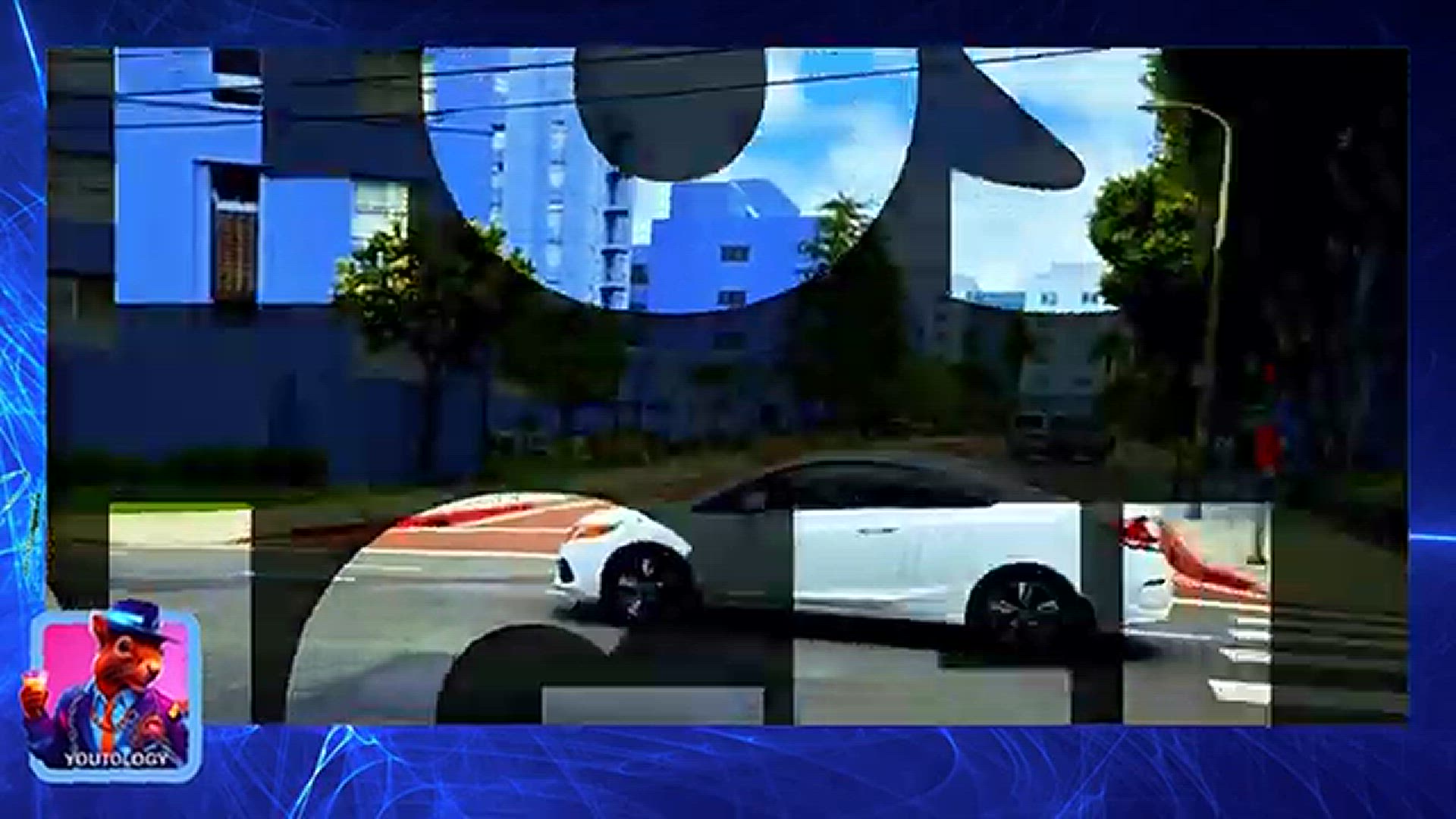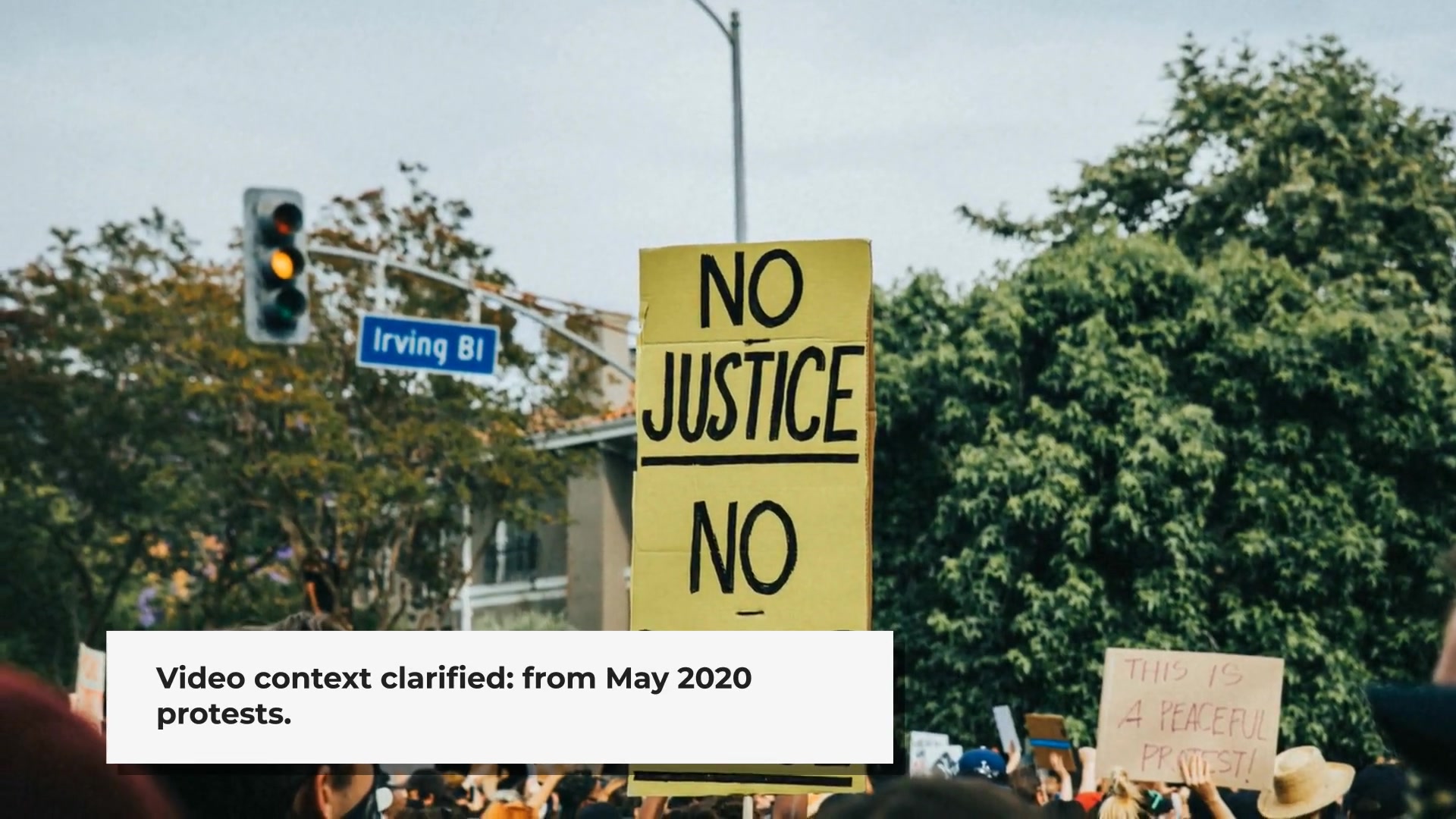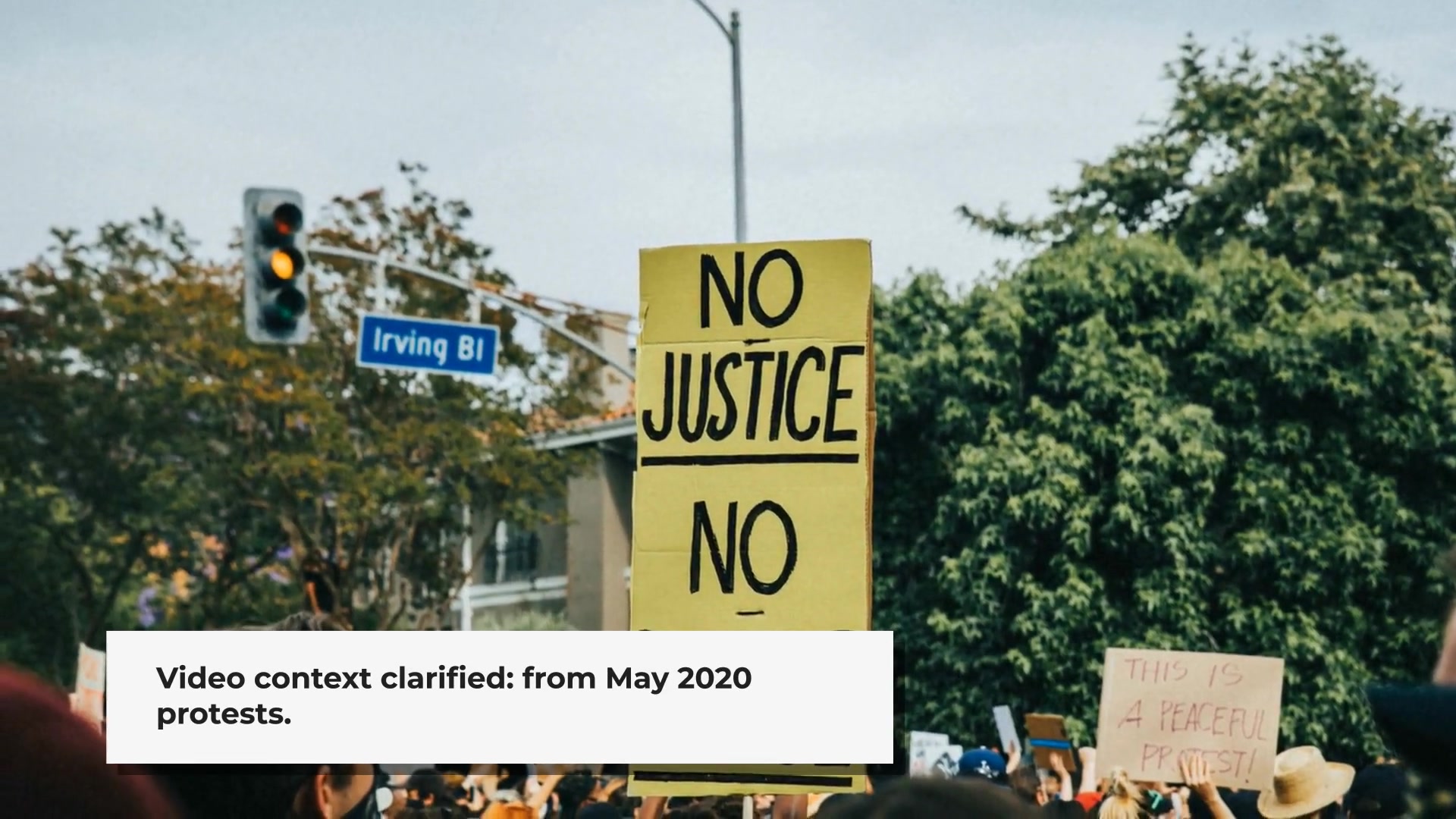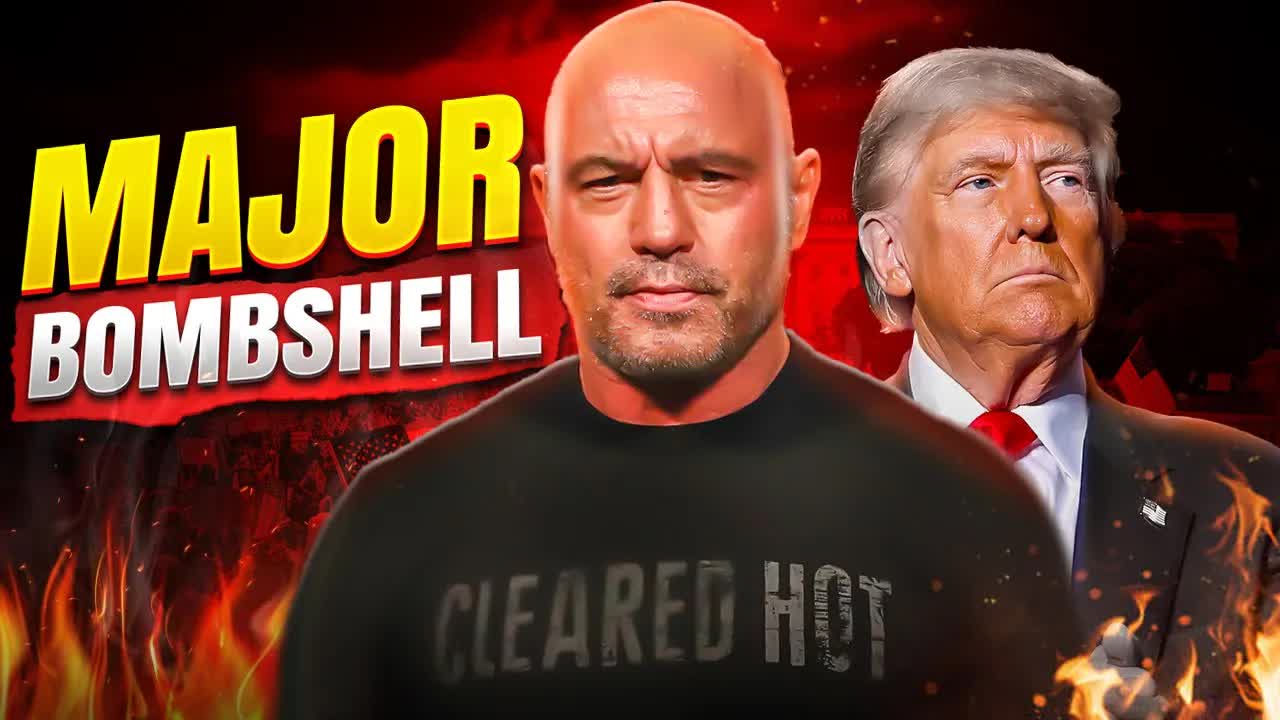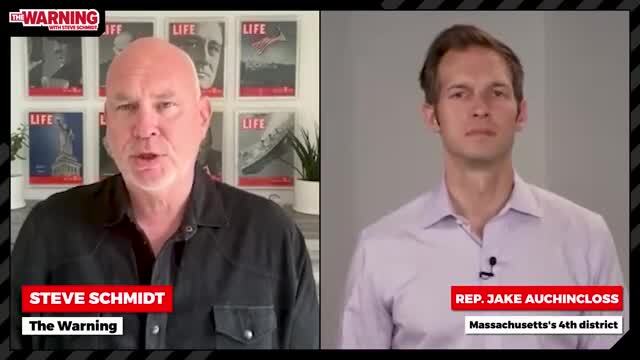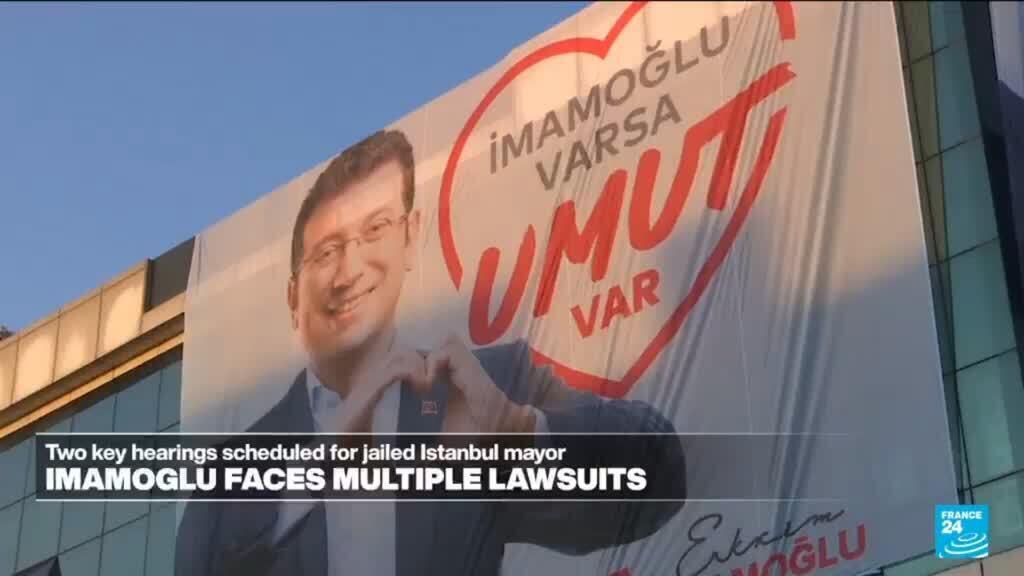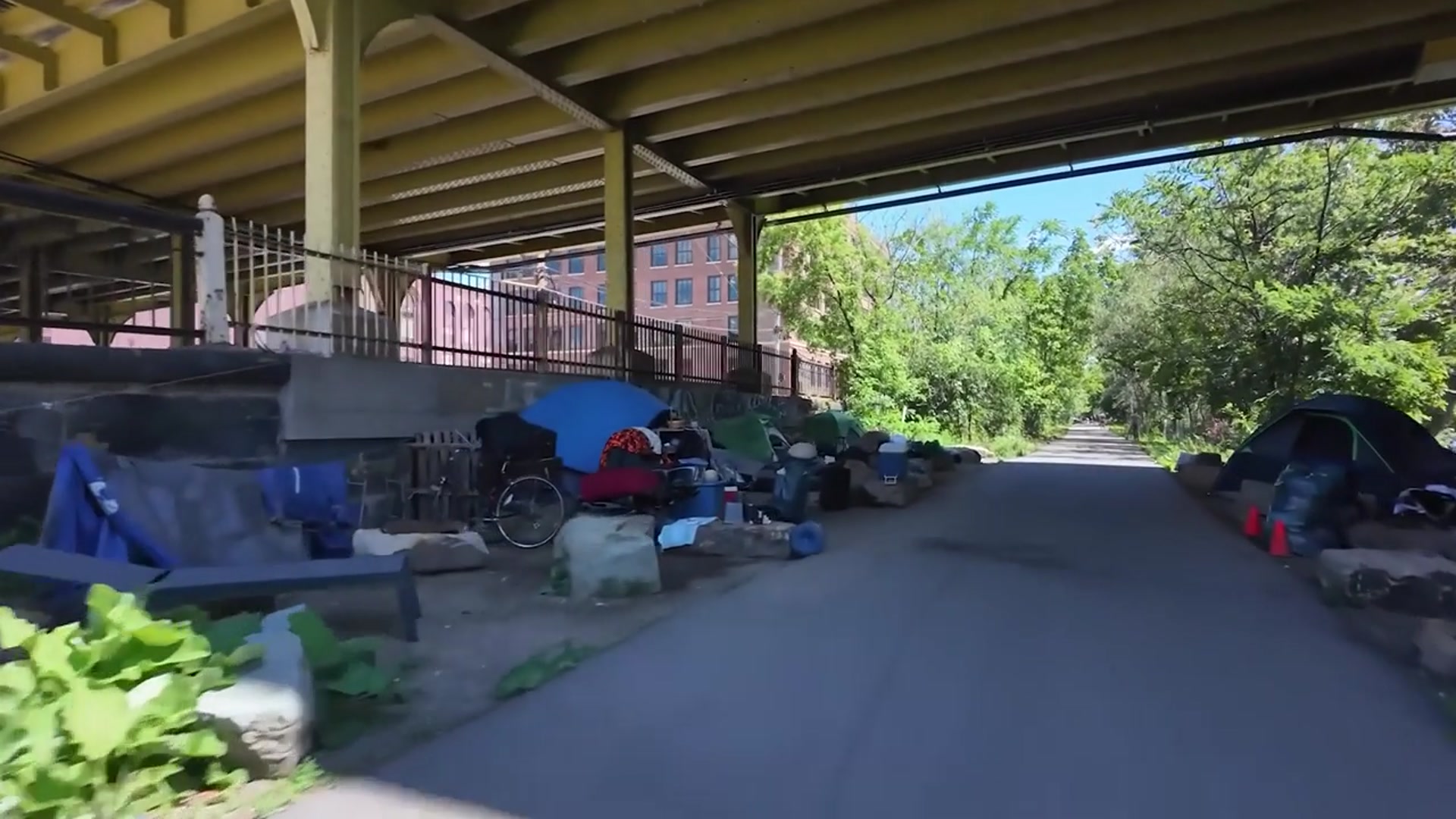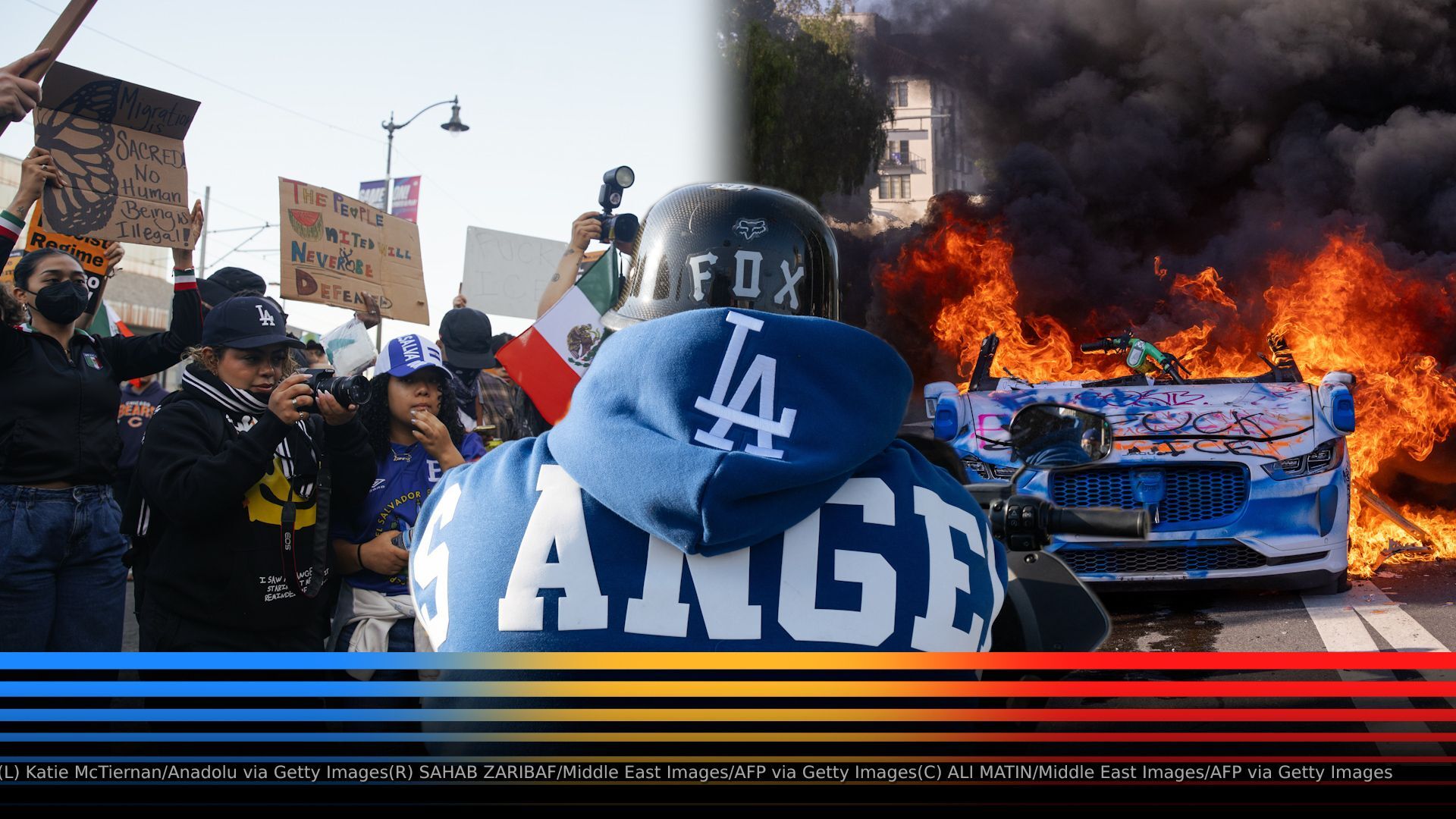Newsom’s Policing Blitz Sparks LIBERAL OUTRAGE….

California’s controversial crackdown on crime with expanded state police powers is raising alarm among conservatives who see it as a dangerous overreach and a distraction from the real issues plaguing the state.
Newsom’s State Police Expansion: A Power Play, Not a Solution
On August 28, 2025, Governor Gavin Newsom announced the statewide expansion of California Highway Patrol (CHP) crime suppression teams to cities including Los Angeles, San Diego, Sacramento, the Bay Area, and the Central Valley. Newsom touts this move as a “collaborative, data-driven” approach, crediting it with double-digit drops in violent crime in limited pilot regions. However, this top-down strategy raises eyebrows among those who remember the pitfalls of big government interventions and question whether more state control is the answer to California’s deep-rooted crime problems.
Unlike the Trump administration’s decisive federal actions—such as deploying the National Guard or leveraging federal partnerships—Newsom’s plan centers on state-local coordination and visible patrols. He contrasts this with Trump’s “unilateral” approach, but critics see it as a political maneuver to sidestep effective federal tools and to keep power concentrated in Sacramento. The CHP’s Commissioner, Sean Duryee, describes the method as “saturating an area with high visibility patrols,” yet this approach does not address the underlying policies—soft-on-crime laws, sanctuary city mandates, and lack of support for local police—that conservatives argue have fueled California’s crisis in the first place.
State Control vs. Local Accountability: What’s Really at Stake?
The expanded program is being positioned as a model for state-local partnership, but the reality is more complicated. By sending state-controlled police into local jurisdictions, Newsom’s administration places more power in the hands of Sacramento bureaucrats at the expense of community-driven law enforcement. The plan’s success depends on local cooperation, but it risks undermining the authority of local police chiefs and mayors who are more accountable to their constituents. Meanwhile, the state’s heavy hand could stifle the flexibility needed to address unique local challenges—something federal-local partnerships have historically respected.
Conservatives are particularly concerned about the erosion of constitutional rights and the specter of unchecked state power. High-visibility patrols and targeted enforcement can quickly cross the line into over-policing, threatening civil liberties and due process. Californians know too well that sweeping “crime crackdowns” often become a pretext for government overreach, especially when combined with the state’s history of restrictive gun laws and progressive social engineering. The expansion of CHP authority may set a dangerous precedent for other states, emboldening politicians to push the boundaries of state intervention wherever it suits their agenda.
Crime Stats and Political Spin: Does the Data Add Up?
Newsom’s office points to early statistics—such as a 12.5% drop in violent crime across big cities and a 17% reduction in homicides in Los Angeles—as proof of success. But these numbers, drawn from tightly controlled pilot regions with heavy resource infusions, may not reflect the broader reality. Skeptics note that the root causes of California’s crime wave—weak prosecution, open borders, and failed progressive policies—remain unaddressed. The reliance on data-driven “solutions” and media-friendly patrols does not substitute for genuine accountability or a return to law-and-order principles that prioritize victims over criminals.
https://twitter.com/foxnews/status/1697283912345678901
Community members in high-crime neighborhoods remain on edge, uncertain whether state police saturation will bring lasting safety or merely shift crime elsewhere. Local law enforcement agencies may appreciate extra resources, but the lack of structural reform leaves persistent doubts. The Newsom administration’s focus on optics over substance is reminiscent of past progressive experiments that left families and businesses behind. With California’s political climate still hostile to conservative values—especially on issues like gun rights, parental authority, and border security—many see this crime crackdown as just another act in an ongoing drama of government overreach and misplaced priorities.
Sources:
California Highway Patrol crime suppression teams head to Los Angeles, San Bernardino
Newsom announces CHP teams to be deployed across California
Newsom expands CHP crime suppression statewide, but what about the Central Coast?
